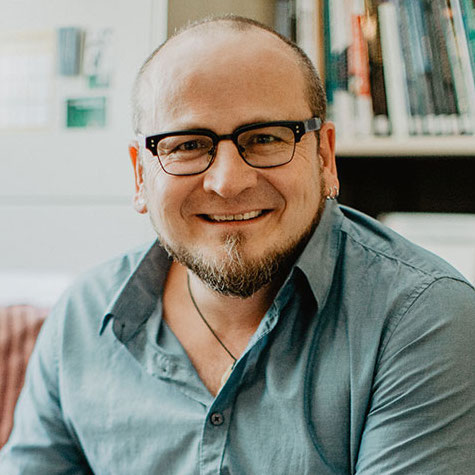All this month on the blog, we’re exploring how internal transformation compels outward service. Our individual processes of healing must eventually draw us toward the movement of healing in the world around us. We believe, then, that calling is intimately connected to identity, and that our work in the lives and communities we serve should look as unique as our own stories. That’s why we love hearing about particular ways students are involved in their communities, and it’s part of why we’re committed to developing innovative and collaborative learning opportunities, like Engaging Global Partnerships and our MA in Counseling Psychology with a Concentration in Trauma & Abuse.
We’re reminded of the power of place every year when we host Inhabit—a gathering of hundreds of leaders and practitioners from around the world, grounded in the conviction that the nature of our service should be shaped not only by our individual identities and callings, but by the very particular stories of the places we serve. Dr. Dwight Friesen, Associate Professor of Practical Theology, is one of the organizers of Inhabit, and he helps equip Seattle School students to explore the intersections between their stories, the story of God, and the story of the places they inhabit.
“Part of my work here at The Seattle School is to attend to what it means to be located. We are not just souls, and we’re not just bodied souls. Our bodies are actually placed somewhere,” says Dr. Friesen. “In fact, I would say that one of the greatest teachers God gives us is the place where we are, the ecosystem that gives us life and invites us to attend to what our presence looks like, what our footprint is in the everyday stuff of life.”
“One of the greatest teachers God gives us is the place where we are.”
The intersection of those threads—your story, God’s story, the story of your place—is where transformative relationships happen, and it’s where we are most able to step into the sort of wise, creative, and hospitable service that our world so desperately needs.
“When we hide behind doctrine or ideology or even an ‘issue,’ it allows us to become almost adversarial toward those who do not hold the same view. When you stay located in place, however, all of a sudden those issues are not issues. Those issues are actually people, people with names who you are encountering. It takes it out of abstraction and into relationship. That’s what we try to do here at The Seattle School.”
We’ll be diving into this April 26-27 at the Inhabit Conference, two days of inspired teaching, energizing stories, and thought-provoking workshops. It’s not too late to register!

